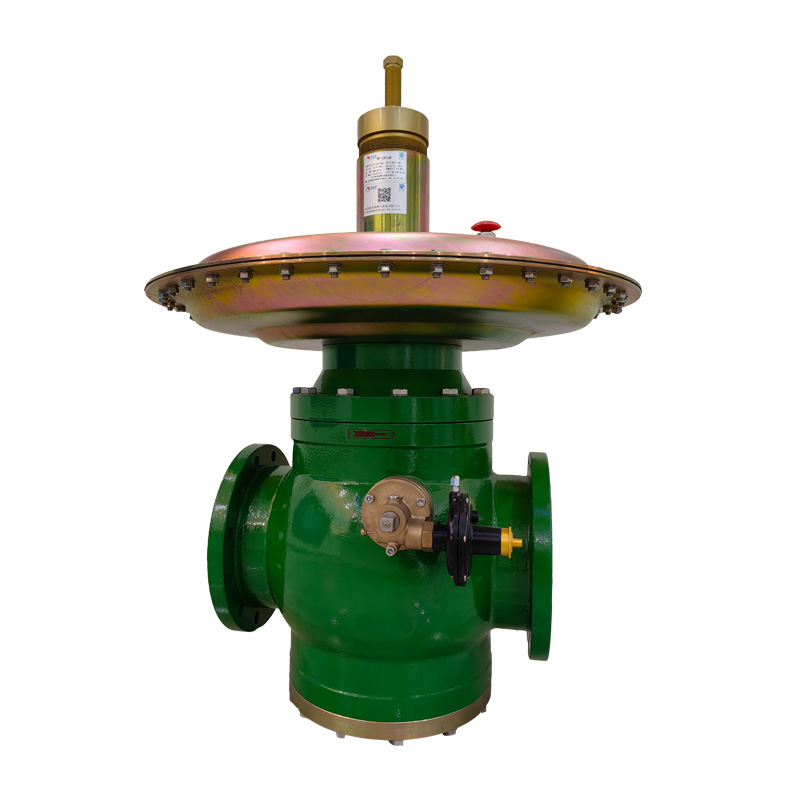
Aug . 09, 2024 03:10
Back to list
Understanding the Fundamentals of Pressure Vessel Design and Safety Standards in Engineering Applications
Understanding Pressure Vessels Design, Function, and Safety
Pressure vessels are an essential component in various industrial processes, serving to contain gases or liquids at high pressures. These specially designed containers are critical in industries such as oil and gas, chemical manufacturing, power generation, and pharmaceuticals. The engineering of pressure vessels requires a focus on safety, efficiency, and reliability, as a failure in a pressure vessel can lead to catastrophic incidents.
Design and Construction
The design of a pressure vessel must comply with industry standards and codes to ensure safety and functionality. Common materials used in the construction of pressure vessels include carbon steel, stainless steel, and various alloys, selected based on the type of fluid being contained, temperature, and pressure requirements. The design process involves calculating the stress and strain the vessel will endure, taking into account the internal and external pressures, as well as temperature fluctuations.
Pressure vessels are often cylindrical, but they can also take forms such as spheres or rectangular shapes. The structural integrity of these vessels is critical; thus, engineers employ thick walls and reinforcements to withstand the rigorous operating conditions. Finite element analysis (FEA) software is commonly used during the design phase to predict how the vessel will behave under various conditions, ensuring that it can withstand potential stressors.
Function and Applications
Pressure vessels have a wide range of applications. In the chemical industry, they are used to store and process gases, liquids, and even hazardous materials under high pressure. For example, in petroleum refineries, pressure vessels facilitate the distillation and separation of hydrocarbons. In the power generation sector, they play a crucial role in steam generation and nuclear reactors, where maintaining specific pressure levels is vital for efficiency and safety.
pressure vessel

Beyond industrial applications, pressure vessels are also critical in everyday items, such as gas cylinders for welding or cooking, and in scientific research, where controlled environments are necessary to conduct experiments. Their versatility and necessity underscore their importance across various sectors.
Safety Considerations
Given the potential hazards associated with pressure vessels, safety is of paramount importance. Regular inspections and maintenance are mandatory to identify signs of wear, corrosion, or potential failure. Many countries have set rigorous regulations and standards, such as the ASME Boiler and Pressure Vessel Code in the United States, which outlines requirements for the design, fabrication, and testing of pressure vessels.
Safety devices, such as pressure relief valves, are installed to prevent over-pressurization, which can lead to explosions. Operators are trained to monitor the vessels continuously, ensuring they operate within designated pressure limits.
In recent years, advancements in technology have enabled better monitoring and control systems, utilizing sensors and automated technology to improve the safety and efficiency of pressure vessel operations. This evolution helps industries minimize risks while maximizing productivity.
Conclusion
Pressure vessels are integral to various industrial processes, providing safe and efficient containers for materials under pressure. Their design, construction, and operation demand a high level of expertise and rigorous safety standards. As industries continue to evolve and innovate, pressure vessels will remain a critical component, adapting to new technologies and the changing needs of society. Understanding the importance of these vessels is crucial for engineers, safety professionals, and industry stakeholders, as the consequences of improper design or operation can be severe. Thus, ongoing education and adherence to safety regulations will ensure that pressure vessels continue to operate safely and effectively in the future.
Latest news
-
Safety Valve Spring-Loaded Design Overpressure ProtectionNewsJul.25,2025
-
Precision Voltage Regulator AC5 Accuracy Grade PerformanceNewsJul.25,2025
-
Natural Gas Pressure Regulating Skid Industrial Pipeline ApplicationsNewsJul.25,2025
-
Natural Gas Filter Stainless Steel Mesh Element DesignNewsJul.25,2025
-
Gas Pressure Regulator Valve Direct-Acting Spring-Loaded DesignNewsJul.25,2025
-
Decompression Equipment Multi-Stage Heat Exchange System DesignNewsJul.25,2025

